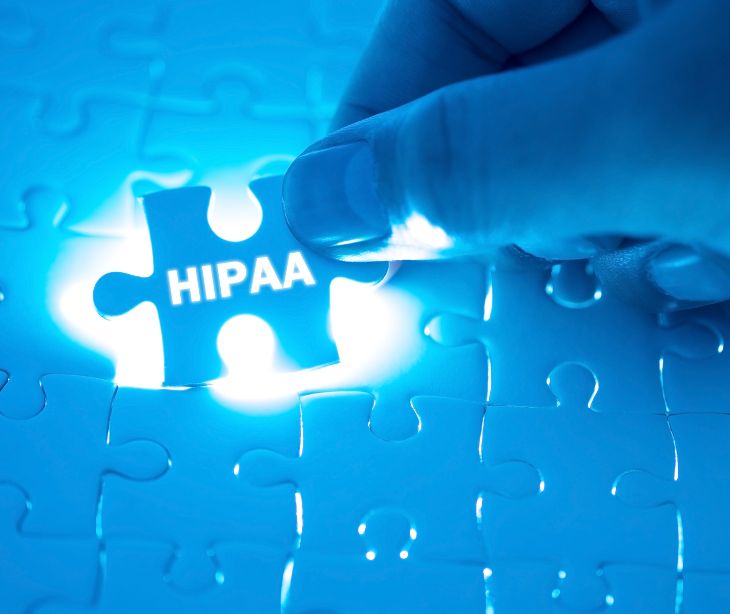
Healthcare organizations must address common misconceptions about HIPAA to ensure data protection and compliance. Misunderstandings can hinder information sharing and technological progress, resulting in breaches. Accurate HIPAA awareness dispels myths, enabling secure data practices, informed decision-making, and trust.
Myth 1: HIPAA prevents healthcare providers from sharing information
Some believe that HIPAA creates barriers to information sharing among healthcare professionals. Contrary to this belief, HIPAA allows sharing information for treatment, payment, or healthcare operations.
Myth 2: HIPAA prohibits healthcare providers from discussing patient's condition with family members
HIPAA does not stop healthcare providers from discussing a patient's condition with family members. The implied consent rule allows healthcare professionals to share information with family members, especially when the patient cannot provide explicit consent, such as when unconscious.
Myth 3: HIPAA requires patients to sign a form before receiving healthcare services
Patients are not required to sign a form before receiving healthcare services. Instead, healthcare providers must offer patients a Notice of Privacy Practices (NPP) that outlines how their protected health information (PHI) will be used and protected. Patients have the right to review and ask questions before signing it.
Myth 4: HIPAA violations can result in jail time
While there are criminal penalties for severe HIPAA violations, such as selling PHI on the black market, most violations result in civil fines.
Myth 5: HIPAA limits the use of technology to improve patient care
Contrary to the misconception that HIPAA hinders technological advancements, the act permits using electronic health records (EHRs) and telemedicine to enhance patient care. However, providers must implement measures to ensure the security of PHI when utilizing technology.
Related: How does HIPAA apply to telehealth?
Myth 6: HIPAA prevents healthcare providers from discussing patient claims with insurance companies
HIPAA permits healthcare providers to communicate with insurance companies for payment purposes. However, providers must share only the necessary information to process a claim.
Myth 7: HIPAA prevents healthcare providers from using patient information for marketing purposes
HIPAA allows the use of patient information for marketing but requires patient consent. Providers can send newsletters or information about services, but selling patient information to external entities is strictly prohibited.
Related: Does HIPAA allow email marketing in healthcare?
Myth 8: HIPAA prevents healthcare providers from sharing patient information with researchers
Contrary to the belief that HIPAA hampers research, it allows the sharing of patient information with researchers, provided there is patient consent and a valid research protocol. Researchers must also maintain the confidentiality of shared information.
Myth 9: HIPAA requires healthcare providers to destroy patient records after a certain period
HIPAA requires healthcare providers to retain patient records for at least six years after the last service date or until the patient turns 18, whichever is longer.
Related: What is the retention period for medical records under HIPAA
Myth 10: HIPAA is only for healthcare providers
HIPAA includes health plans, healthcare clearinghouses, and their business associates.
Related: HIPAA Compliant Email: The Definitive Guide
Subscribe to Paubox Weekly
Every Friday we bring you the most important news from Paubox. Our aim is to make you smarter, faster.




